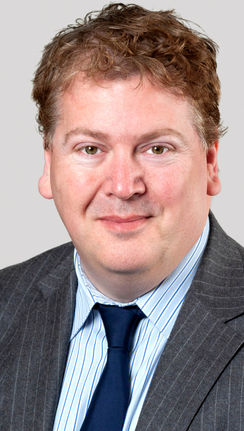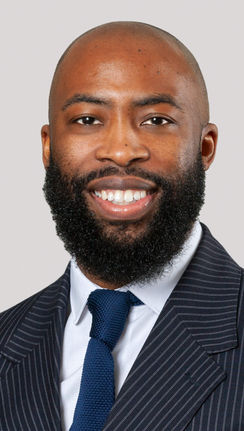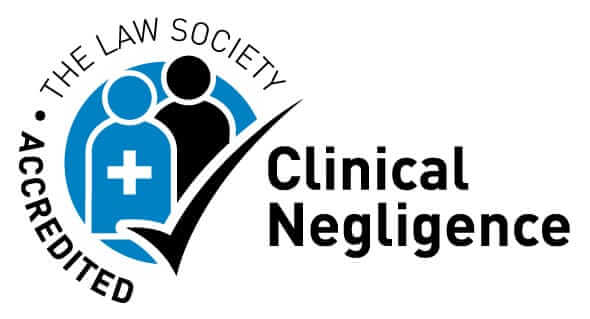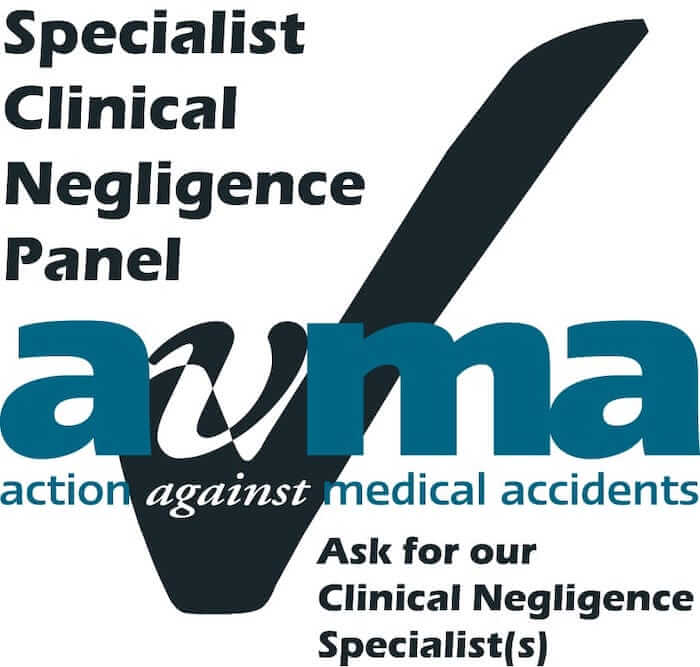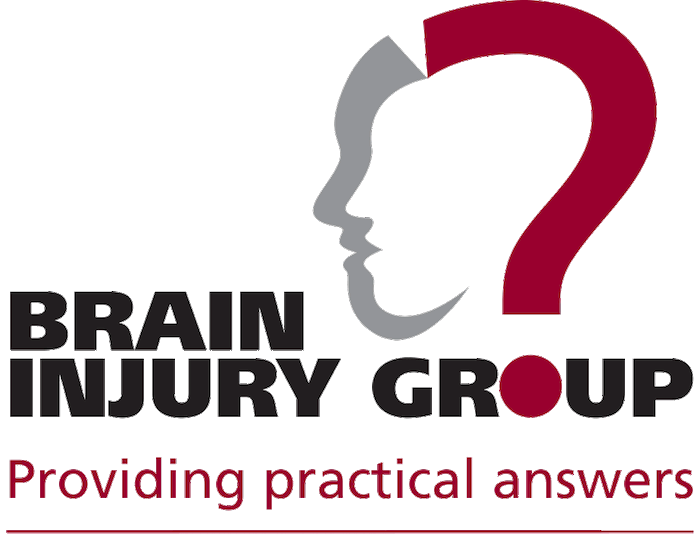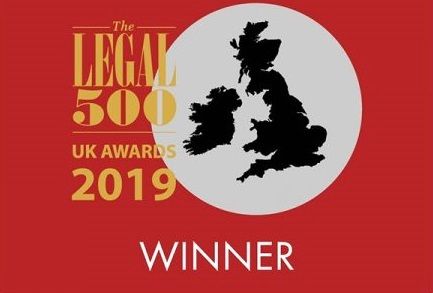Requesting Medical Records
If you are making a claim for personal injury or medical negligence, your medical records can be vital in providing the information that will get you the compensation you need. Thankfully, getting access to your own medical records is easier now than it’s ever been in the past.
This comes as a result of the General Data Protection Regulations (GDPR) and the Data Protection Act 2018, which replaced the Data Protection Act 1998 on 25th May 2018. This new law states that patients must be given access to their medical records as a Subject Access Request (SAR), including when a patient authorises access by a third party, such as a solicitor. Rights of access are not limited to health records held by NHS bodies, they also apply to private health sector and health professionals’ private practice records.
If you’ve never requested medical records before, we know it can be a daunting prospect, which is why we’ve answered some of the most common questions below.
 “Excellent team, with plenty of medical experience behind it, as well as involvement in some of the biggest cases. They are an excellent firm for individuals, and will go the extra distance for them.” – Legal 500, 2025
“Excellent team, with plenty of medical experience behind it, as well as involvement in some of the biggest cases. They are an excellent firm for individuals, and will go the extra distance for them.” – Legal 500, 2025
 The team has been ranked in the Chambers & Partners 2025 legal directory. “Hodge Jones and Allen work incredibly diligently to get the outcomes their cases require and show serious commitment to the social justice outcomes of their work.”
The team has been ranked in the Chambers & Partners 2025 legal directory. “Hodge Jones and Allen work incredibly diligently to get the outcomes their cases require and show serious commitment to the social justice outcomes of their work.”
Contact us on
0330 822 3451if you would like to speak with a member of our team about a claim or if you have any other questions on medical negligence. Or request a call back.
Request a call back
Can I request a copy of my medical records?
The General Data Protection Regulations and the Data Protection Act 2018 replaced the Data Protection Act 1998 on 25th May 2018.
Since then, patients must be given access to their medical records as a Subject Access Request (SAR), including when a patient authorises access by a third party such as a solicitor. Rights of access are not limited to health records held by NHS bodies, it applies to the private health sector and health professionals’ private practice records.
Are there time limits for applying for medical records?
When you apply for your medical records, the body you have applied to must reply in a timely fashion, according to GDPR rules.
Once the request has been received and verified, the patient must be provided with a copy of their data without delay and within 28 days of the date of the request.
This time limit can be extended for two months where the request is complex or where the data controller needs more time to collate and supply the data. However, the patient must be informed of this extension within 28 days and be provided with an explanation as to why this is necessary.
What are the costs involved in requesting medical records?
Any medical records that already exist will be accessible for free. However, the Trust or GP is entitled to charge for the cost of making copies and posting the records to you if the request is found to be excessive.
Instances where a request may be deemed “excessive” include if an individual makes a second request for the same information within a short period of time.
Who do I request my medical records from?
You can request your GP records from the Practice Manager at the GP surgery. If your records are no longer held at the practice, they will advise you on how to obtain these.
To request NHS hospital records, apply to the Medical Records Manager/Access to Health Records Team at the NHS Trust that treated you. The NHS Trust may have information on its website that provides the address details. If you cannot find this information, it can be helpful to call the Trust’s Access to Medical Records Team to ensure that you are applying to the correct department.
Can I request medical records after a death?
The rules relating to the disclosure of a deceased person’s medical records differs significantly from the general rules about release of medical records. The GDPR does not apply to data concerning deceased patients.
Who can request medical records after a death?
Under the Access to Health Records Act 1990, only certain people have the right to access the medical records of someone who has died. Disclosure is allowed to:
- The Personal Representative of the person who has died. If the deceased person has a will, the Personal Representative is the Executor of the will. If there is no will, the Personal Representative is known as the Administrator. These claims are covered by the Law Reform (Miscellaneous Provisions Act) 1934.
- Anyone who may have a claim resulting from the person’s death. Essentially, this means the deceased person’s estate, (again, the Executor or the Administrator) or the “dependants” of the deceased.
There are strict criteria as to who is considered a “dependant”. Generally speaking, this includes spouses, civil partners, children, parents and people living in the same household for at least two years before the death and immediately before the death as husband/wife/civil partner. These claims are covered by the Fatal Accidents Act 1976.
You may need to provide evidence that you fall under one of these two categories. This is fairly straightforward if you are looking after the estate and are in possession of a copy of the Grant of Probate (if you are the executor of the will), or a copy of the Grant of Letters of Administration (if you are the administrator).
The situation may require further explanation on your part if you are not the personal representative but believe you may have a claim resulting from the person’s death.
The same procedures apply as when requesting medical records of a person who is alive.
The cost of requesting a deceased person’s medical records
Changes to the Data Protection Act 2018 have also amended the Access to Health Records Act 1990, which now states access to records of deceased patients and any copies, must be provided free of charge.
How do I update my medical records?
Should you need to update your medical records, perhaps because you feel that the information is outdated or incorrect, you will need to approach the relevant health professional and ask to have the record amended. Some hospitals and GP surgeries may have online capabilities to allow you to update your information.
Please note, where patients seek correction of information they believe is inaccurate, the health professional is not obliged to accept the patient’s opinion but must ensure that the notes in question indicate the patient’s view.









